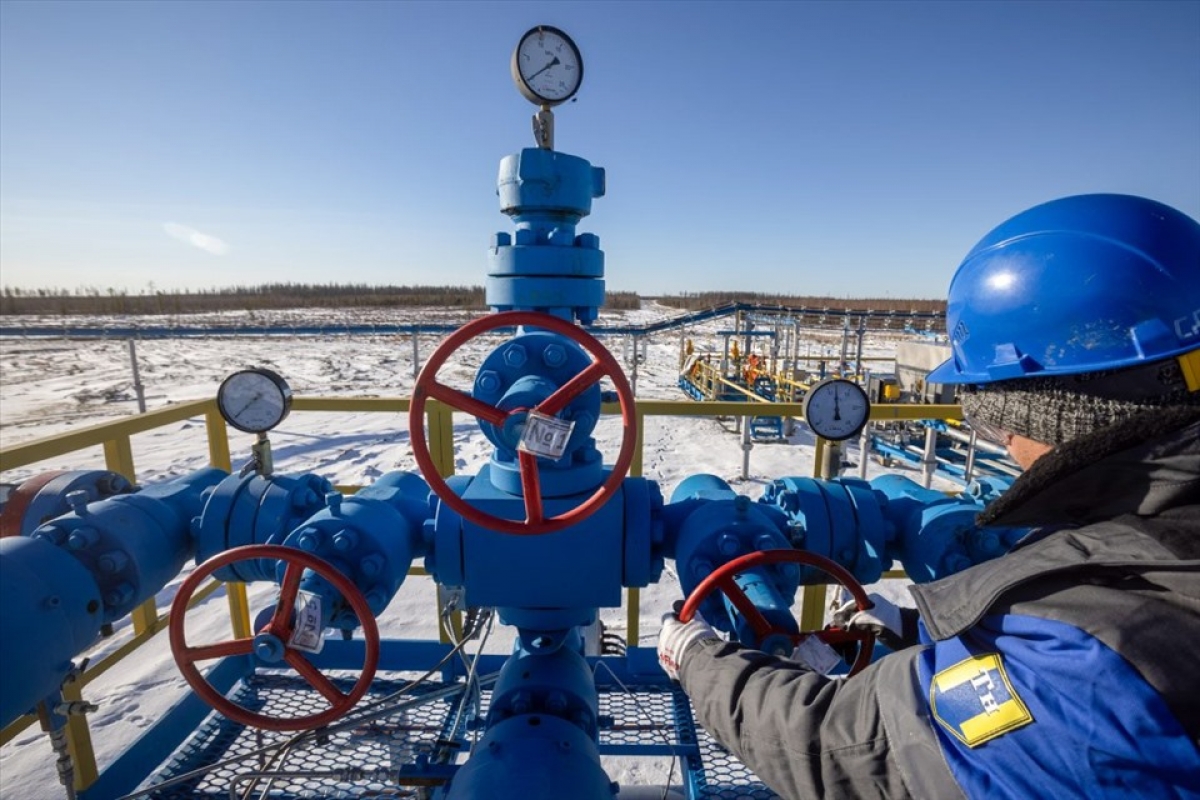Who is winning the Russia-Ukraine conflict?
Russia is losing because of recession and sky-high inflation, it looks as if much of the rest of the world is, or will, experience the same.

The European Union could ban the import and transit of some fuel oil from Russia around six months ahead of the planned deadline.
In a military sense, it seems as if nobody is winning the war as Russia and Ukraine remain bogged down in the Donbas region of the country. What’s more, most expert military opinion seems to be that nobody will win the war for a very long time. But what about in economic terms? And here we’re not talking about the winner between Russia and Ukraine, but between Russia and much of the rest of the world. For while the popular narrative might be that Russia is losing because of recession and sky-high inflation, it looks as if much of the rest of the world is, or will, experience the same.
In spite of the fact that most developed and developing economies are experiencing very significant difficulties at the moment, it is probably heresy to suggest that Russia might be “winning” the war. But Russia has always claimed that it can deal with sanctions because it has been dealing with them in one form or another for a long time.
In contrast, the rest of the world, and Europe in particular, has not had to cope with the consequences of these sanctions, such as the dramatic surge in gas prices. In fact, from a Russian perspective it can be argued that Europe has actually declared an economic war on itself by trying to wean itself off the Russian gas that’s so critically important for fuelling major economies in the region.
Talk of power cuts in places such as Germany and the UK show only too clearly that there is an enormous economic cost to this conflict, in addition to the actual cost of arming Ukraine. Of course, even if there are power cuts the headline data on things like growth and inflation is still going to be far superior to Russia.
The Bloomberg survey of analysts sees the Russian economy contracting by 8% this year and another 2.6% next year. The same analysts put euro zone growth at 2.7% this year and 1.1% next year. And even if you take the very pessimistic expectations of the Bank of England for growth next year, the 1.5% fall in GDP is still better than most expect for Russia.
At the same time, the BoE warns that inflation could rise to a peak of over 13% this year but that’s below the 14.5% median Bloomberg projection for Russia this year. Hence, if we were to stop here and just consider the very narrow economic ramifications of the conflict, there’s no doubt that Russia loses. But it would be wrong to stop here as there are much wider and longer-term ramifications, especially on a political level.
To see this, we need to question the ultimate aims of these nations. Is it just to push Russia back out of Ukraine? Even long before the start of this conflict, it was argued that it goaded Russia into launching an attack (by implicitly supporting Ukrainian shelling of the Donbas region before Russia’s invasion) so that it could champion the sort of huge sanctions against Russia.
Some might also argue that this duped European countries into offering their wholehearted support for such sanctions even though the economic cost was likely to be far greater than the US given hefty reliance on Russian gas. So far, this support from Europe has remained reasonably steadfast and, in that respect, Mr. Steve Barrow, Head of Standard Bank G10 Strategy argues that the real winner here is the US, which has reasserted its global hegemony, pushed Russia towards difficulties and, some might say, also shot a warning to Beijing of what could happen if it launches an attack on Taiwan.
Undoubtedly, the US is also suffering as well, what with sky-high inflation and a probable recession. But the costs of the war seem minor here compared to Europe and this will become abundantly clear during the winter when the gas price increases really start to bite.
So far, European nations have largely presented a united front in their determination to pressurise Russia but this unity is creaking and could splinter badly if the winter becomes very tough indeed. What should financial market investors make of all this? Probably, that European assets are to be avoided; something that they have been doing pretty well already.








